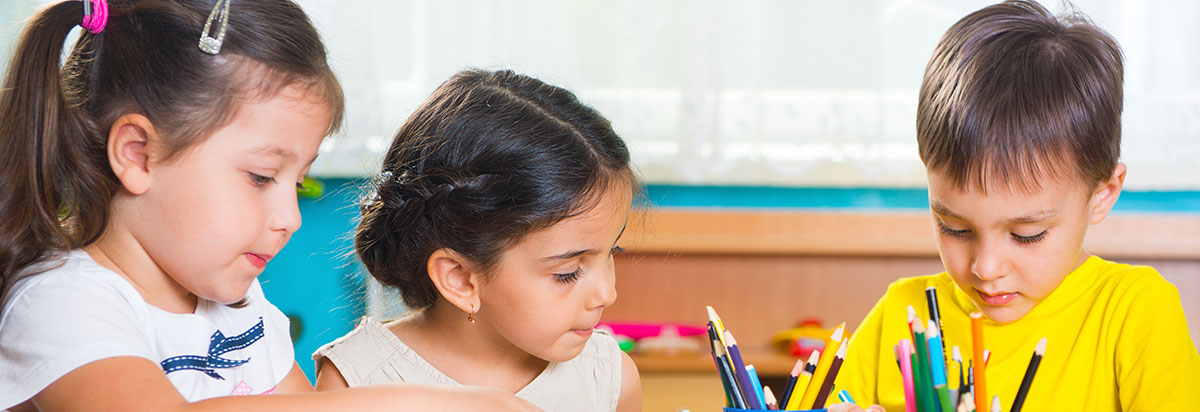Life’s most persistent and urgent question: What are you doing for others?” – Martin Luther King
Honoring the Impact of Dr. Martin Luther King, Jr.
On Monday, across our nation and the globe, we honored the contributions of a courageous American civil rights activist and change agent, Dr. Martin Luther King, Jr. The civil rights icon advanced civil rights through tactics grounded in passive resistance and civil disobedience.
Dr. King drew heavily on the Gandhian principle of nonviolence in his own civil rights activism. Gandhi believed that “nonviolence” is more than simply agreeing that you won’t physically attack your enemy. Gandhi referred to his form of nonviolence as satyagraha, meaning “truth-force” or “love-force.” Practicing satyagraha means a person should seek truth and love while refusing, through nonviolent resistance, to participate in something that is wrong (Little, 2021).
Since Dr. King’s assassination in 1968, our nation continues to suffer from the poison of hate rooted in systemic racism, gender inequity, homophobia, xenophobia, and antisemitism.
Our nation is still fighting for the dream that Dr. King spoke about from the steps of the Lincoln Memorial in 1963. While delivering his “I Have a Dream” speech, Dr. King painted a beautiful picture of an America devoid of racism as he called for civil and economic rights for ALL Americans.

The March for Peaceful, Transformative Change
Today, with the historic inauguration of Joe Biden and Kamala Harris, our nation embraces the consistent march of change that is supposed to peacefully happen every four years. In doing so, we acknowledge that a democratic system works best when we engage in peaceful dialogue through the exchange of diverse ideas. However, the debate and dialogue of diverse ideas should not come at the expense of someone else’s life, liberty, and equal pursuit of happiness.
As a professional learning collaborative that is committed to valuing the dignity of every individual with a strong belief in the power of self and collective efficacy, we stand with Americans in being horrified and saddened by the events that took place in Washington, DC on January 6. The traumatic event that took place was not aligned with the goals and values our nation was founded on.
Creating Optimal Conditions for Meaningful Dialogue
It is clear that these unfortunate events do not happen in a vacuum. As educators, we must consider, reflect, and discuss how these hateful, violent events are fueled. The Kentucky Commissioner of Education, Dr. Jason Glass, recently provided strategies for how we should engage in courageous dialogue with our students including:
- Covering the basic and verifiable facts.
- Being age-appropriate
- Creating a safe space for emotional responses and questions
- Encouraging questions and answering them honestly.
- Using the event as a launching point for deeper learning.
As we continue to discuss current and past events in local and national environments, we should expect our students will seek to make meaning and understand how these issues impact their own lived experiences and personal identity. School environments are natural settings for students to explore and make sense of these issues. Engaging in courageous conversations about violent acts of insurrection and sedition is a complex but vital proposition.
These conversations may be uncomfortable and will likely result in emotional, personal responses. Dr. Glass reminds us that these are the exact kinds of issues our students will need to be able to process through and successfully navigate when they assume the mantle of citizenship.
Our discomfort in these conversations is often interpreted as a sign for us to retreat, but this discomfort should be a sign that we need to engage and connect with each other more.

Putting Dignity into Practice
These brave conversations cannot occur unless we have a firm grasp on our own dignity. Then we can extend it to the people around us by institutionalizing equitable school practices and policies. Core Collaborative IncludED Pathway Leaders and authors, Dr. Floyd Cobb and John Krownapple remind us about the need to honor the dignity of others and encourage us to put dignity into practice by unpacking the concept of dignity that signifies the common bond of our shared identity. They both stress the need for schools to take collective action by infusing the dignity dispositions deeply into school culture.
Dignity Dispositions
- Openness
- Listening
- Empathy
- Patience
Belonging Through a Culture of Dignity. Dr. Floyd Cobb and John Krownapple, 2019
The need for modeling and exploring the Dignity Dispositions is more important than ever, especially as we take note that many schools and families across the country continue to be impacted by the stress of the pandemic. We must remind ourselves that ALL of us – our kids, families, staff, educators, and administrators – are still processing a trauma-filled year. We have had to deal with the loss of loved ones, isolation, uncertainty, and the disruption of many things that bring us comfort.
In the midst of these trying circumstances, we must continue to consider the inclusion of trauma-informed practices, social-emotional learning, restorative practices by advancing equity on our collective mission to expand student ownership and agency.
Healing Through Dignity
If we want our nation to heal, we have a personal and collective responsibility to acknowledge the painful truth about the hate that divides our country and to turn it into an opportunity for student learning. And we must do so in a way that is affirming, brings validation, acceptance, and equity. When we are relentless in honoring the dignity of one another, we get closer to reaching the mountain top that Dr. King envisioned. Our children are watching.
Respectfully,
Dr. Paul Bloomberg, and The Core Collaborative Learning Network

